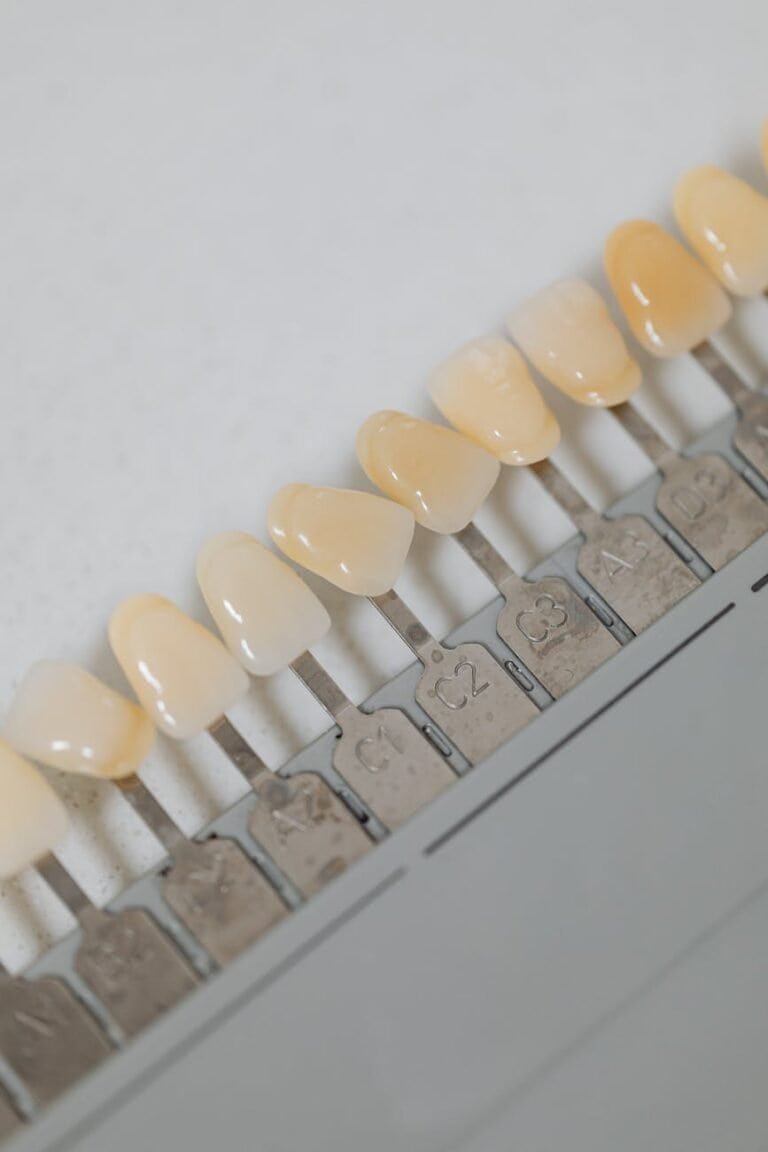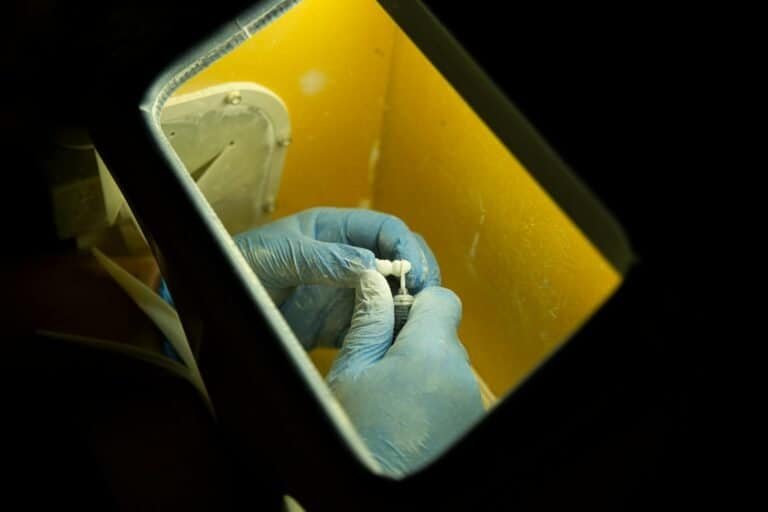The Road to Recovery: Essential Wisdom Teeth Removal Aftercare Steps
Understanding Wisdom Teeth Removal Aftercare
After undergoing wisdom teeth removal, proper aftercare is crucial to ensure a smooth recovery process. Taking the necessary steps to care for your mouth and manage any discomfort will help promote healing and minimize the risk of complications. In this section, we will delve into the importance of proper aftercare and provide a timeline for recovery.
Importance of Proper Aftercare
Proper aftercare is essential to promote healing and reduce the risk of infection and other complications after wisdom teeth removal. The removal of wisdom teeth involves a surgical procedure, which means the gums and surrounding tissues need time to heal. Following the aftercare instructions provided by your dentist or oral surgeon is vital to ensure a successful recovery.
By adhering to the recommended aftercare practices, you can help minimize discomfort, reduce the chance of infection, and promote quicker healing. It’s important to note that each individual’s recovery process may vary, so it’s essential to consult with your dentist or oral surgeon for personalized guidance.
Timeline for Recovery
The timeline for recovery after wisdom teeth removal can vary depending on factors such as the complexity of the extraction and individual healing ability. However, the following is a general timeline that can give you an idea of what to expect:
| Time Period | Recovery Milestones |
|---|---|
| First 24 hours | Focus on rest and relaxation. Avoid strenuous activities and allow the extraction sites to form blood clots. |
| 1-2 days | Swelling and discomfort may peak during this time. Follow your dentist’s instructions for pain management and use cold compresses to minimize swelling. |
| 3-7 days | Swelling gradually subsides, and any residual pain should begin to diminish. Stick to a soft or liquid diet and continue practicing proper oral hygiene. |
| 1-2 weeks | Most individuals experience significant improvement in their symptoms during this time. However, complete healing may take several weeks or even months. Attend any follow-up appointments as scheduled to monitor your progress and address any concerns. |
It’s important to note that everyone’s recovery journey is unique, and it’s normal to experience some variations in the healing timeline. If you have any concerns or experience unexpected symptoms, reach out to your dentist or oral surgeon for guidance.
Proper aftercare is essential for a successful recovery after wisdom teeth removal. By following the recommended guidelines and understanding the timeline for recovery, you can help ensure a smooth healing process. For more information on the recovery period and tips for managing pain, visit our article on wisdom tooth extraction recovery.
Essential Aftercare Steps
After undergoing wisdom teeth removal, proper aftercare is crucial to ensure a smooth and speedy recovery. By following these essential aftercare steps, you can manage pain and discomfort, maintain proper oral hygiene, and make informed dietary choices to support healing.
Managing Pain and Discomfort
Pain and discomfort are common after wisdom teeth removal. To manage these symptoms effectively, your dentist may prescribe pain medication or recommend over-the-counter pain relievers, such as ibuprofen or acetaminophen. It’s important to follow your dentist’s instructions regarding medication dosage and frequency.
In addition to medication, the following strategies can help alleviate pain and discomfort:
- Apply an ice pack to the affected area for 15-20 minutes at a time to reduce swelling.
- Use a soft, clean cloth soaked in warm water as a warm compress to soothe soreness.
- Avoid strenuous activities or exercises that may strain the jaw and cause discomfort.
- Sleep with your head elevated on pillows to minimize swelling.
Proper Oral Hygiene
Maintaining proper oral hygiene is crucial during the recovery period to prevent infection and promote healing. However, it’s important to exercise caution when cleaning the surgical site to avoid dislodging blood clots or causing injury. Here are some guidelines for proper oral hygiene:
- Gently rinse your mouth with warm saltwater solution (1/2 teaspoon of salt in 8 ounces of water) after meals and before bed to keep the surgical area clean.
- Brush your teeth gently, avoiding the surgical site. Use a soft-bristle toothbrush and toothpaste recommended by your dentist.
- Avoid rinsing vigorously or using mouthwash for the first 24 hours after the procedure, as this can disrupt blood clot formation.
For more detailed instructions on wisdom teeth extraction aftercare, refer to our article on wisdom tooth extraction recovery.
Diet and Nutrition Guidelines
Choosing the right foods and beverages during the recovery period is essential to support healing and minimize discomfort. Follow these dietary guidelines after wisdom teeth removal:
- Stick to a soft or liquid diet for the first few days. Opt for foods like mashed potatoes, yogurt, smoothies, and soups.
- Avoid hot foods and beverages that can irritate the surgical area or dissolve blood clots.
- Avoid using straws, as the suction can dislodge blood clots and delay healing.
- Gradually reintroduce solid foods as tolerated, starting with soft, easy-to-chew options like scrambled eggs or cooked vegetables.
Consult your dentist or oral surgeon for specific dietary recommendations based on your individual needs and the extent of your procedure. It’s important to maintain proper nutrition and stay hydrated during the recovery process.
By following these essential aftercare steps, you can help ensure a successful recovery from wisdom teeth removal. However, if you experience any unexpected or severe symptoms, such as excessive bleeding, signs of infection, or prolonged pain, it’s important to seek immediate dental assistance. For more information on managing wisdom teeth pain, refer to our article on wisdom teeth pain relief.
Potential Complications and When to Seek Help
While wisdom teeth removal is a common procedure, it’s important to be aware of potential complications that may arise during the recovery process. By understanding these complications and knowing when to seek help, you can ensure a smoother healing journey.
Signs of Infection
Infection is one of the potential complications that can occur after wisdom teeth removal. It’s important to be vigilant for signs of infection, which may include:
- Increasing pain or swelling after the first few days
- Prolonged or worsening bad breath
- Persistent or foul taste in the mouth
- Fever or chills
If you experience any of these symptoms, it’s crucial to contact your dentist or oral surgeon immediately. They will be able to assess the situation and provide the necessary treatment to address the infection. Prompt intervention can help prevent the infection from spreading and aid in a quicker recovery.
Dealing with Swelling and Bruising
Swelling and bruising are common after wisdom teeth removal and are typically temporary. However, if the swelling becomes excessive or continues to worsen after the first few days, it may indicate a problem. In such cases, it’s important to consult your dentist or oral surgeon.
To manage swelling and bruising during the initial recovery period, you can:
- Apply ice packs to the affected area for 20 minutes at a time to reduce swelling.
- Keep your head elevated while resting to help minimize swelling.
- Avoid hot foods or beverages, as they can increase blood flow and worsen swelling.
- Follow any additional instructions provided by your dentist or oral surgeon.
Addressing Persistent Bleeding
Some bleeding is normal following wisdom teeth removal, but if you experience persistent bleeding that doesn’t subside, it’s essential to take action. Here are some steps you can take to address persistent bleeding:
- Gently rinse your mouth with cold water to remove any blood clots or debris.
- Apply gentle pressure to the bleeding area by biting down on a sterile gauze pad or a damp tea bag for 30 minutes. Avoid continuously checking the area, as this may disturb the forming blood clot.
- If the bleeding continues after 30 minutes of applying pressure, contact your dentist or oral surgeon for further guidance.
Remember, each individual’s recovery process may vary, and it’s important to follow the specific aftercare instructions provided by your dentist or oral surgeon. They will be able to guide you in managing any complications and ensuring a successful recovery.
In the next section, we will discuss long-term oral health post-wisdom teeth removal, including the significance of follow-up care and tips for preventing future issues.
Long-Term Oral Health Post-Wisdom Teeth Removal
After the initial recovery period following wisdom teeth removal, it’s important to prioritize long-term oral health to ensure a smooth healing process and prevent future issues. This section will cover the essential steps you should take in the long term, including follow-up care with your dentist, monitoring healing progress, and tips for preventing future issues.
Follow-Up Care with Your Dentist
Following wisdom teeth removal, it is crucial to schedule a follow-up appointment with your dentist. This allows them to assess your healing progress and address any concerns or complications that may arise. During the follow-up visit, your dentist will likely examine the surgical sites, take X-rays if necessary, and provide further guidance on post-operative care.
It’s important to adhere to the recommended follow-up schedule provided by your dentist. This ensures that any potential issues are identified and addressed promptly, promoting optimal healing and minimizing the risk of complications.
Monitoring Healing Progress
In the weeks and months following wisdom teeth removal, it’s essential to closely monitor the healing progress. Keep an eye out for any signs of infection, such as increased pain, swelling, redness, or discharge. If you notice any of these symptoms, it is crucial to seek immediate dental attention.
Additionally, pay attention to the gradual improvement of any post-operative symptoms, such as reduced pain, swelling, and bruising. Keep in mind that complete healing can take several weeks or even months, depending on the complexity of the extraction. If you have any concerns or questions about the healing process, don’t hesitate to reach out to your dentist.
Tips for Preventing Future Issues
While wisdom teeth removal resolves immediate concerns, it’s important to take steps to prevent future oral health issues. Here are some tips to help maintain a healthy mouth post-wisdom teeth removal:
-
Practice good oral hygiene: Continue to brush your teeth twice a day and floss daily to maintain optimal oral health. Use a soft-bristled toothbrush and be gentle around the extraction sites.
-
Attend regular dental check-ups: Schedule regular dental check-ups and cleanings to monitor your oral health and address any potential issues before they become major concerns.
-
Maintain a balanced diet: Eat a well-balanced diet rich in nutrients to support overall oral health. Avoid hard, crunchy, or sticky foods that could potentially irritate the extraction sites.
-
Quit smoking: If you smoke, consider quitting. Smoking can delay the healing process and increase the risk of complications.
-
Consider orthodontic evaluation: If your wisdom teeth removal was performed to address crowding or orthodontic concerns, consult with an orthodontist to evaluate whether additional orthodontic treatment is necessary.
By following these tips and maintaining good oral hygiene practices, you can help prevent future oral health issues and maintain a healthy mouth. Remember to consult your dentist for personalized advice based on your specific situation.
For more information on wisdom teeth removal, recovery, and pain relief, check out our other articles on wisdom teeth extraction, wisdom tooth extraction recovery, and wisdom teeth pain relief.







